On October 6, Jumbo Wild, a new documentary from Sweetgrass Productions and Patagonia, premiered in Invermere, British Columbia. The film outlines the 24-year battle to construct a massive ski resort on the Jumbo Glacier, located in the Purcell Range of British Columbia. The proposed ski area would boast 14,640 skiable acres and 23 chairlifts. The idea, first conceived by Vancouver-based architect Oberto Oberti and partner Grant Costello in 1991, has been met with vehement opposition from environmentalists, backcountry skiers, the population of nearby Invermere and the Ktunaxa Nation—the indigenous people that inhabit the Jumbo Valley.
Developers first received an environmental certificate in 2004, allowing the beginning of development on the glacier. Then, in 2009, it was extended with an expiration date of October 12, 2014. By that date, Jumbo was expected to have significant construction completed on a gondola, two chairlifts, a mountaintop shelter, two base lodges, as well as condominiums. British Columbia Environmental Minister Mary Polak arrived on October 11 to find minimal construction completed, and did not renew the environmental certificate. Oberti and Costello’s dream of a Jumbo Glacier Resort remains in bureaucratic limbo.
On one side of the argument, Jumbo Glacier is an ideal place for a ski area—it boasts over 400 inches of average annual snowfall, steep lines, four glaciers to build on, the list goes on. However, because of its location, 35 miles away from the small town of Invermere, population 2,955 as of 2011, Jumbo represents an extremely delicate ecosystem and is true wilderness. The majority of traffic it sees is from Grizzly Bears and backcountry skiers in the winter. Additionally, there are already ten ski resorts in close proximity to the town of Invermere: Panorama, Kimberley, Fernie, Kicking Horse, Revelstoke, Whitewater, Nakiska, Norquay, Sunshine and Lake Louise.
This brings up the central controversy of the film, “What is Wilderness?” Furthermore, how do the divisive answers to that question affect the small amount of wilderness Earth has left?
“Oberti and [Costello], they truly believe that building in this environment enhances it and makes it better. It’s an idea of a beautiful creation making that place better; while other people, the Ktunaxa Nation, locals and backcountry skiers would say that it’s perfect just the way it is. In its natural state it’s perfection,” explains Nick Waggoner, Sweetgrass Productions director.
He goes on to say that Oberti’s idea of architecture in the mountains as art comes from the European resort model, specifically in Chamonix. “[For him] it comes from an idea, with Chamonix and the Aiguille du Midi, where these incredible lifts and transit were being built to the tops of these peaks. As a skier, you can’t really argue with that [idea] but, in a sense, you’ve lost that wilderness and untapped beauty; once you build a ski resort in a place, it’s there forever and can’t be undone.”
The flick did a masterful job of outlying both sides of the issue. While the viewpoint of Jumbo Wild, and of Waggoner for that matter, are certainly in opposition to building on the glacier, it isn’t for lack of attention to the opposite viewpoint.
“Most people are blown away by how balanced the story is,” Waggoner says of the film’s reception. “They make it halfway through and people like Oberti, but they don’t like his idea. That’s what we want to get across [with Jumbo Wild]: You can’t take this archetypal brush to paint people as good or bad or evil, which is how [Oberti] has been painted in the past. If you jump to those conclusions it’s not a positive way to move forward with making good decisions in our society.”
The reason most people probably sympathize with Oberti and, to an extent, Costello, stems from the fact that Jumbo is a 24-year-old dream for the duo. Everyone can relate to having big dreams for how their lives will be defined, and to see someone held back from that is saddening.
“This issue represents everything that [Oberti] believes to be right and holy in this world, and he holds onto it so strongly because it is his life’s work,” surmises Waggoner. “It’s been a horrible bureaucratic process for him that I wouldn’t wish on anyone. On a human level and personal level I feel for the man, but it doesn’t mean that I agree with his vision. But I empathize with what he’s been through, and I feel for the opposition, because their voices haven’t really been heard by the government until very recently.”
Perhaps that is what makes Jumbo Wild so successful, is that, while the story revolves around the glacier, the untapped wilderness including the local Grizzly Bear population and the proposed development, at the heart of the film are humans. Because of the polarizing nature of the topic, one can’t help but notice the emotional vigor that erupts from the various figures in the film. From those studying the North American Grizzly population to the Ktunaxa Nation who consider Jumbo sacred, spiritual land to the purgatory-like state of Oberti’s dream to backcountry skiers who don’t want to see their hidden playground compromised—the issue tugs at the heart strings.
What viewers—whether they’re skiers or otherwise—should take away from the story is that the argument over land use on the Jumbo Glacier represents a far larger issue in our world. With the population expanding to further reaches of Earth, true wilderness in this day and age is rare.
“As these pockets [of wilderness] become more precious, they become the last frontiers—something you don’t really have left in the Continental U.S.,” says Waggoner. “It’s something we need to be mindful of as we move forward.”
The full film will be available for purchase on iTunes and Vimeo on December 11, with proceeds benefitting Wildsight—an organization encouraging sustainable practices in Canada’s Columbia and Rocky Mountain regions. Jumbo Wild is also screening at theaters across North America, click here for dates.
Related: The Clean Power Plan: Preparing for skiing’s future
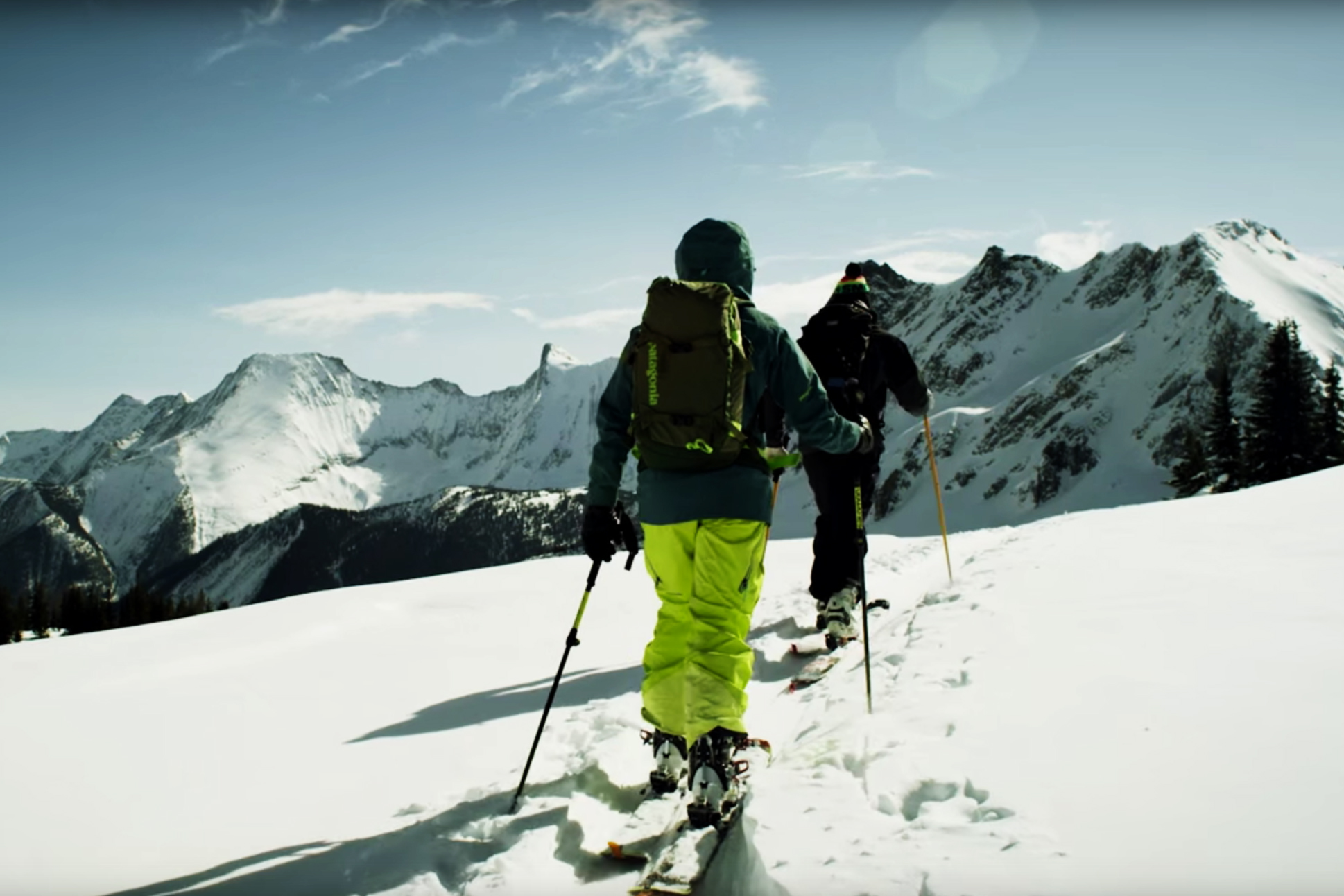
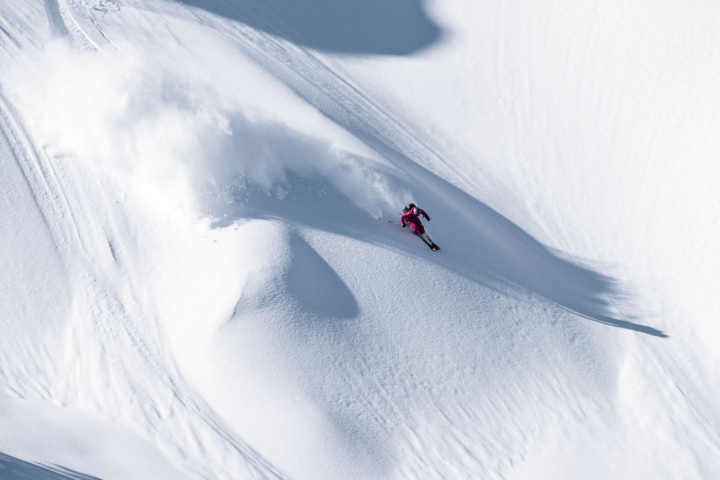
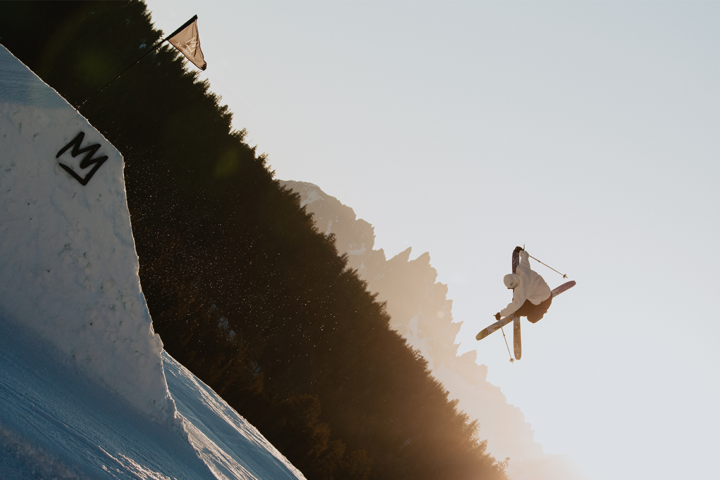
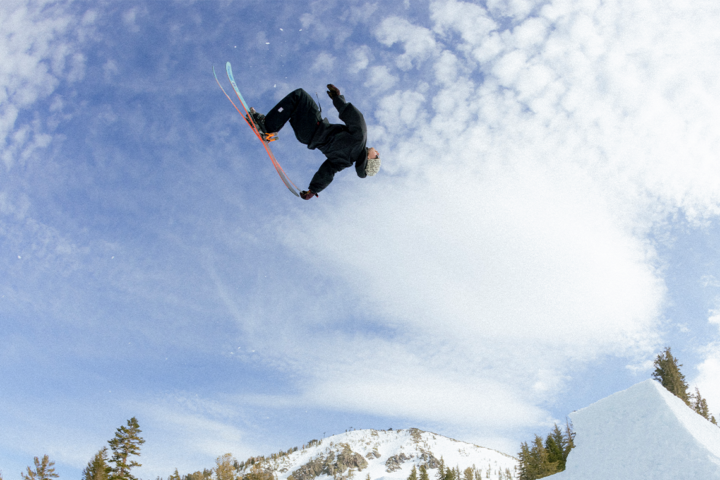
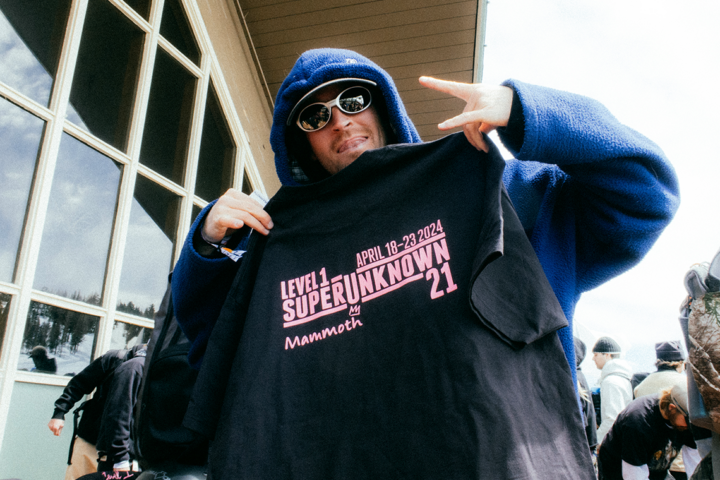
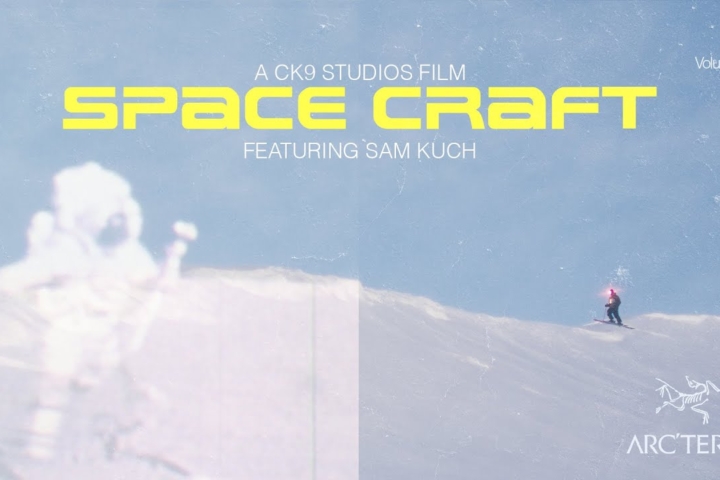
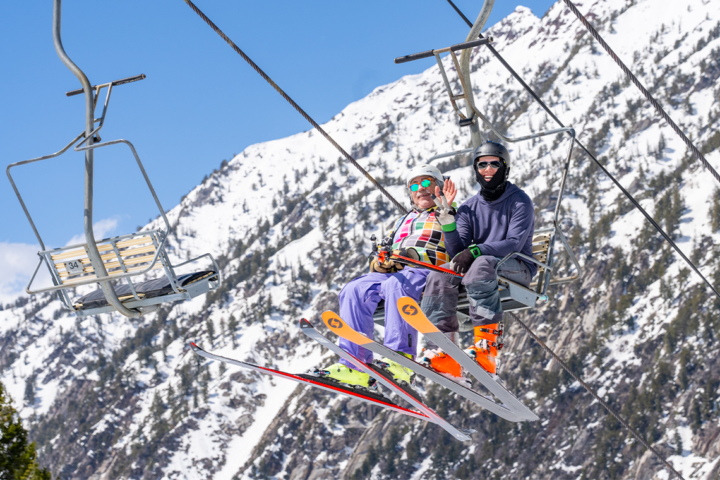
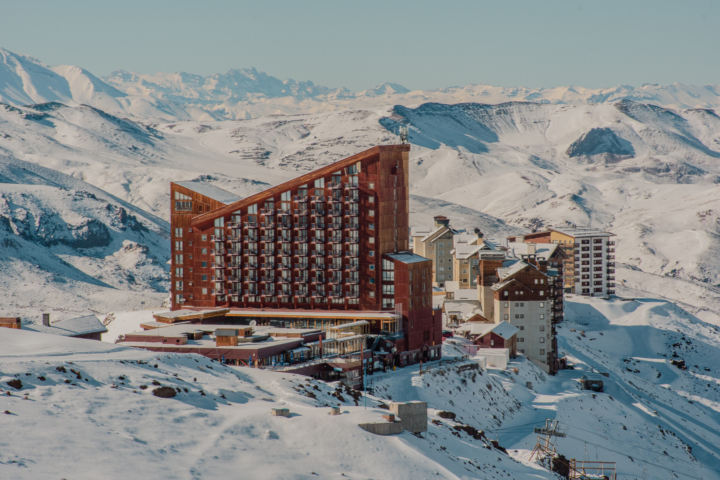
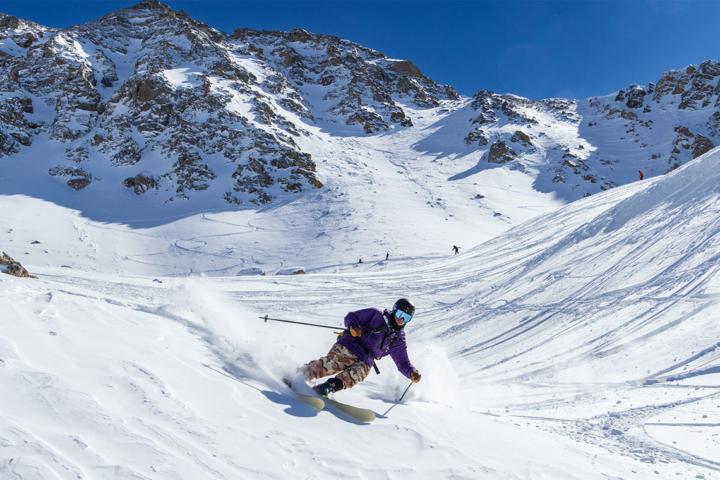
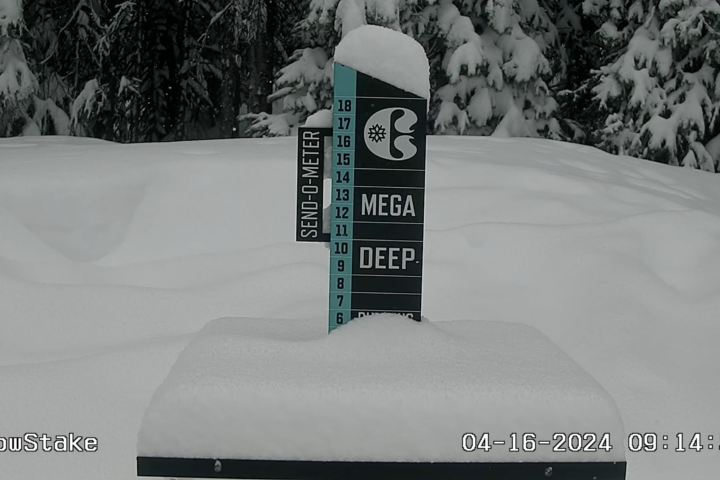
One thought on “What is wilderness? Sweetgrass Productions poses this question in “Jumbo Wild””
Comments are closed.